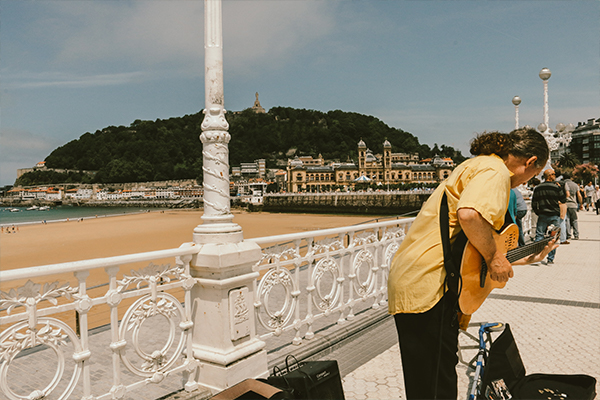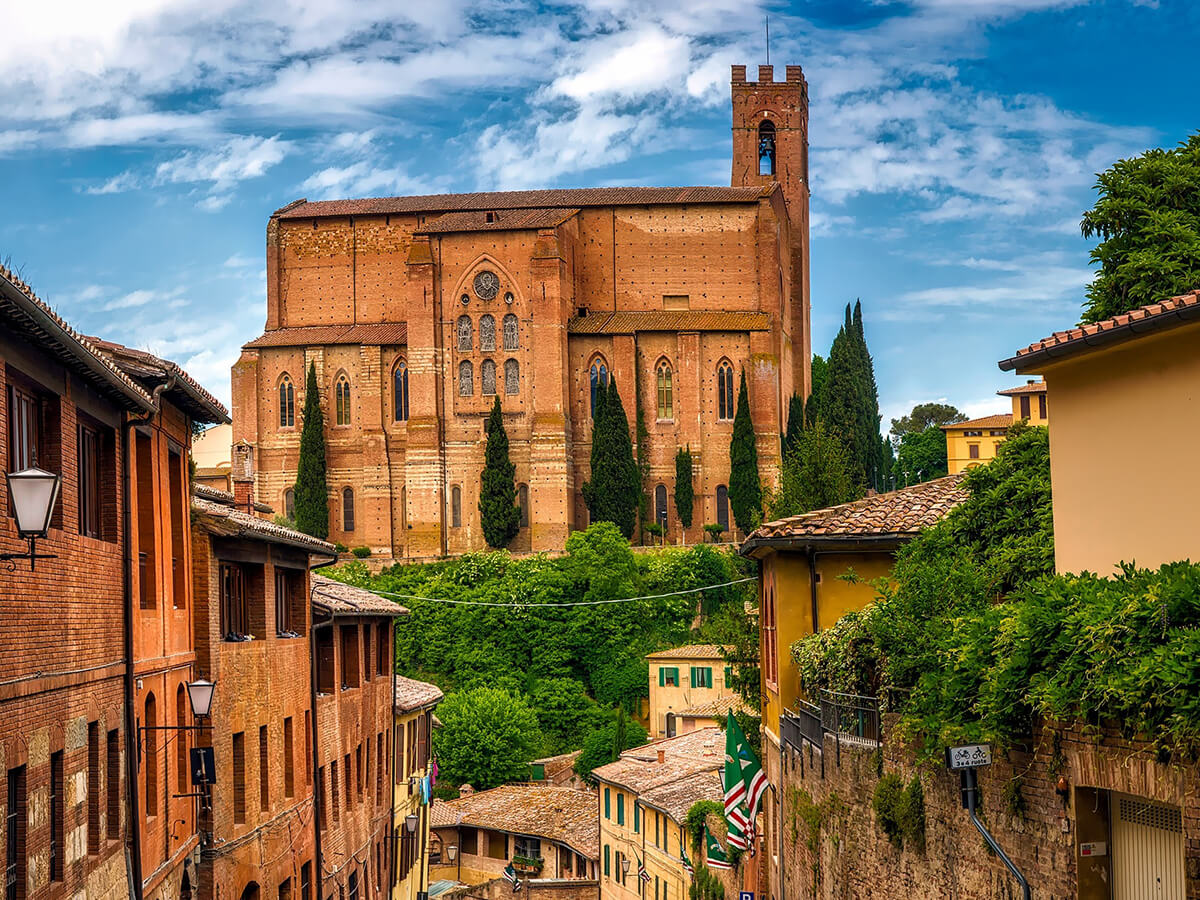Basque Country
Basque Country
The Macho Coast

Straddling a border of beaches and lush hills in the southwest corner of France and northeast pocket of Spain, the Basque Country is defined by its hairy-knuckled competitions (grass cutting and stone throwing are still sports), embrace of tradition (one family has been running their sagardotegia or cider house since the 1500s) and experimental kitchens (there are more Michelin stars here per capita than any other region in the world.)
THE PERFECT BITE
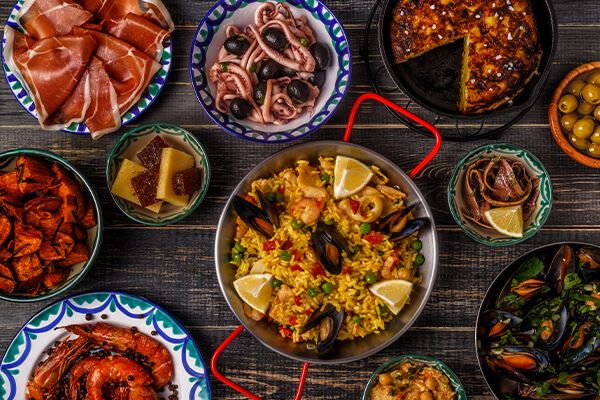
While celebrated Basque chefs like Juan Mari Arzak and Martin Berasategui tussle for Michelin stars, the essence of the region’s inventive cuisine — born from a combo of Basque macho culture and the region’s sparse ingredients — is easily found in the pintxos or tapas bars in San Sebastian. Along with creamy sea urchin and foie gras mousse, the house special at Bar Zeruko is La Hoguera, aka the Bonfire, which features a sliver of cod harpooned onto a popsicle stick, served under a cauldron of smoking charcoal and paired with an herby mayonnaise and a test tube filled with liquid salad.grand Albatroz Hotel and centrally located on the Bay of Cascais, the villa’s 11 rooms boast sweeping views from old Cascais to the Estoril Coast. Renowned Portuguese designer Paulo Lobo reimagined the villa’s interiors, giving historical elements like intricate azulejo tiles the minimalist treatment. Rooms are swathed in head-to-toe tones like blue, olive green and gray, giving the hotel a feel that’s both playful and contemporary. Tip: Looking to take it to the top? Opt for the penthouse, which is discreetly perched on the highest floor, with three terraces trained to capture the coastline from every angle.
MASTER CLASS
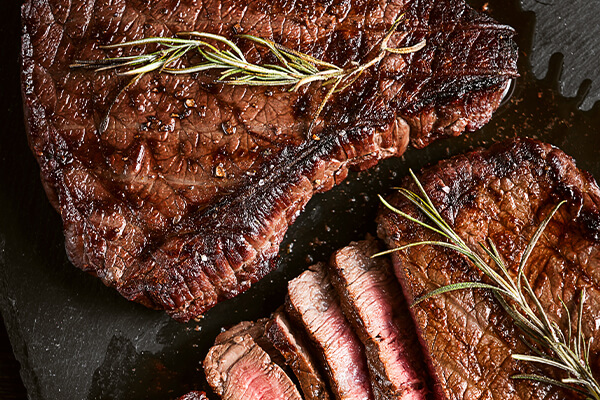
“You want to control your coals — you don’t want your coals to control you,” says Victor Arguinzoniz, the barbecue genius behind Extebarri, an austere country house in the hills outside Bilbao that has consistently been voted among the top restaurants in the world (it’s currently ranked #3 on the 50 World’s Best list). No fluff or flowers here — just Arguinzoniz's obsession to re-invent hearth cooking and infuse every dish, including the ice cream, with smoke from a variety of woods. Think softer holm oak for fish, and stronger vines for steak.
INN CROWD
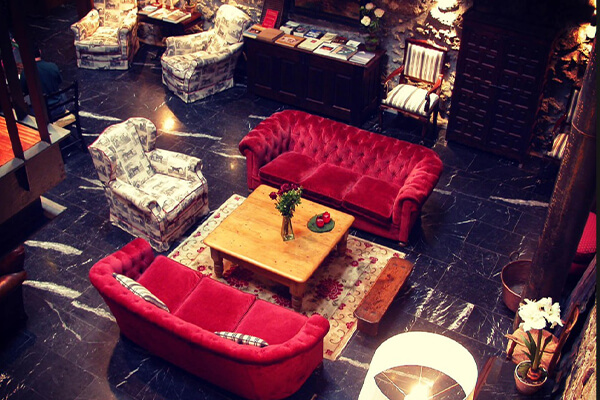
Inland from the coast and alone in the mountains lies Antsotegi, a stone farmhouse that’s been converted into a funky-yet-luxury bed and breakfast. Walk the path down through the forest to Markina, considered the birthplace of jai alai and its international headquarters. The bars in town feature framed pictures of old players, and at the fronton, where the matches are played, big pours of pattern, a local spirit made from juniper berries, are served, and gambling slips are tossed in tennis balls.
“Life without friends means death without neighbors.”- Basque Proverb |
JAI ALAI ESCAPE

The old Basque sport of jai alai is considered the fastest and among the most dangerous in the world. Using a wicker basket attached to their hands, players hurl a rock-hard ball made from goat skin at a wall at deadly speeds. Every summer, the best players return to visit their families and compete in local tournaments in cities like Saint-Jean-de-Luz and Biarritz over the French border, and mountain towns throughout the Spanish side. Catch a great match somewhere every night.
LAST CALL
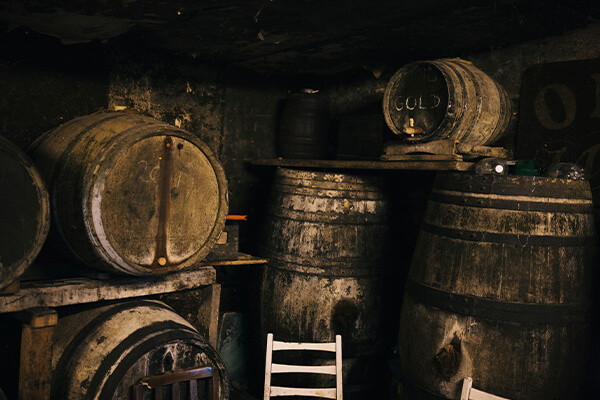
Perhaps the oldest Basque tradition is the sagardotegi, or cider houses outside San Sebastian. Crafted from the regions small and flavor-packed apples, the ciders are served directly from elephant-sized barrels into glasses, and are part of a traditional, three-course meal featuring a codfish omelette to start, a chuleton or large rib-eye steak to share, and followed by local mountain cheeses, quince and walnut. Try the oldest, Astarbe, which first opened its doors in 1563.
THE PERFECT BITE: @Bar Zeruko
MASTER CLASS: @Extebarri
INN CROWD: @Antsotegi Hotela
LAST CALL: @Astarbe
